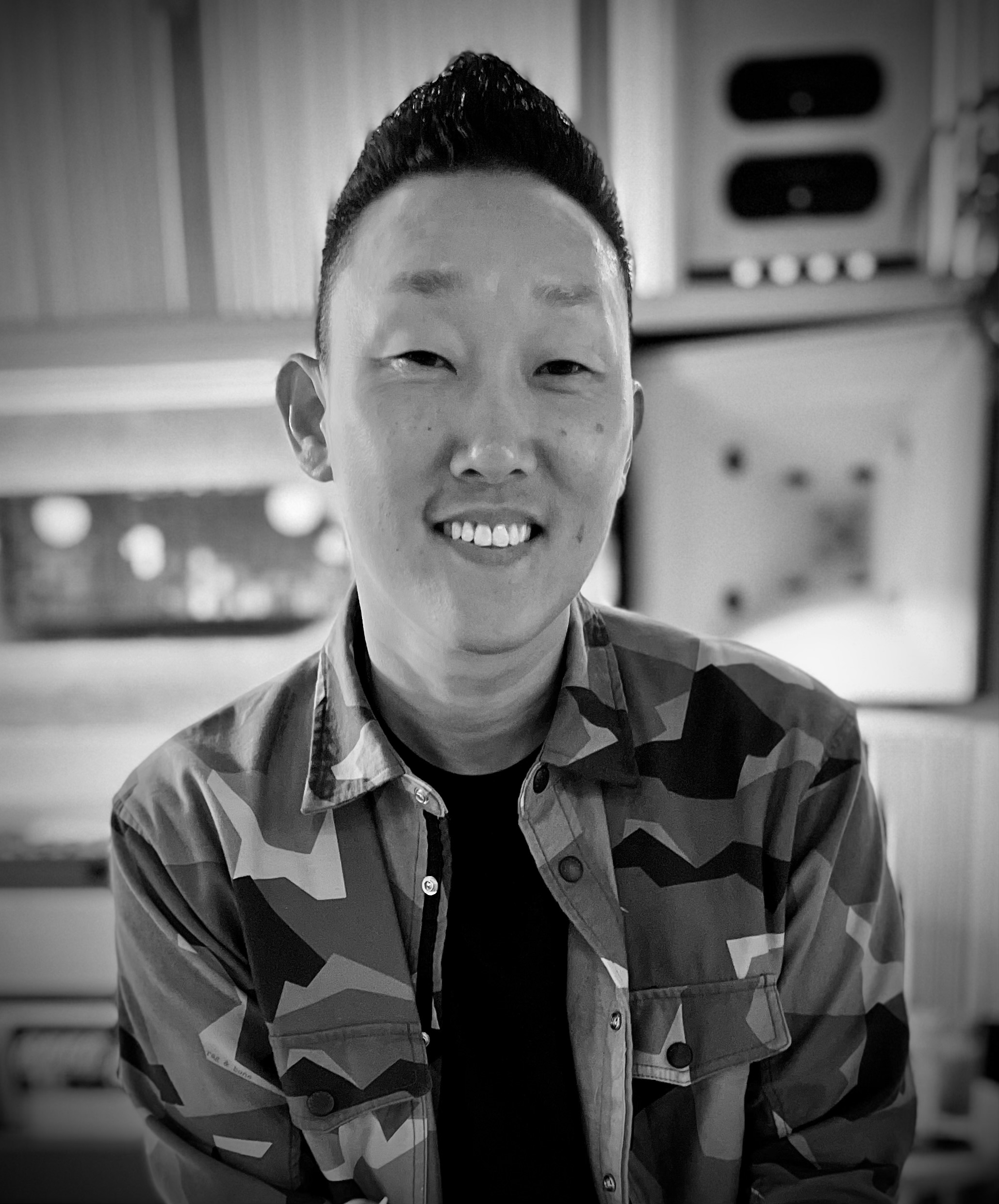Slow Down, Work Clean
Jul 29, 2025I used to think that doing multiple things at once meant I was being productive. Like many people, I measured my output by how much I could juggle in a day. I’d brush my teeth while checking email, walk my dog while listening to an audiobook, eat lunch while watching YouTube tutorials on how to fix things. These seemed like harmless pairings, tasks that didn’t really require my full attention, but I started to notice something more subtle and persistent beneath the surface. My energy was divided, my attention fragmented, and as a result I was rarely present with anything I was doing.
This became a problem for me once I began pursuing the idea of mastery, because I realized that what I wanted wasn’t just to finish tasks, it was to achieve excellence. Mastery doesn’t come from scattered focus or from trying to squeeze the most out of every moment. It comes from discipline, presence, and being intentional with the small things so that the bigger things can take shape with more clarity.
The shift in mindset started when I came across a book called Work Clean by Dan Charnas, who is also the author of two of the most important books on hip hop history—The Big Payback and Dilla Time. In Work Clean, Charnas explores a practice borrowed from the culinary world known as mise en place, a French phrase that means “to put everything in its place.” In the kitchen, this means preparing all your ingredients and tools before the actual cooking begins, ensuring that every element is clean, accessible, and intentionally arranged. What struck me about this method was that it isn’t just about efficiency, it’s a philosophy of care and respect for the process.
I started using mise en place in my own kitchen a few years ago, and it completely transformed the way I cooked. I began putting equal care into the preparation, the cleanup, and even the parts I used to avoid (like washing dishes) as much as the final dish itself. What I learned was that cooking becomes far more enjoyable and effective when everything has been thought through in advance, when your space is clean, and when you give each task your full attention before moving on to the next. It slowed me down in the best way, and it elevated my results without requiring more effort, just better focus.

Eventually I realized that this wasn’t just a method for cooking, it was a method for thinking, creating, and working. I started organizing my day around windows of intention rather than tasks in motion. Instead of bouncing between messages and meetings, I blocked out time to respond to emails, an hour in the morning and another in the late afternoon. I began categorizing my work by the type of attention it required. If something demanded deep thought or complex problem-solving, I scheduled it during times when my mental energy was highest, usually mid-morning once the coffee had kicked in. In the afternoons, I made space for creative expansion. I’d go for a 30-minute walk to reset my body and open my thinking, then return to write freely for another half hour before shifting into the next mode.
The most practical lesson I took from Work Clean may seem obvious, but it’s one of the hardest habits to build: close your tabs. You don’t need twenty browser tabs open at once. Each one is a mental anchor pulling your attention in another direction. Clean your desktop. Sort your files into folders with names that make sense to you, and trust that you’ll remember where everything lives. If you’re worried you’ll forget, make a note or set a reminder then close the window and move on. Clearing digital clutter is no different than clearing your workspace. It sends a signal to your mind that what matters is what’s in front of you, not everything you’ve touched recently or might touch later.
Ultimately, working clean isn’t about being neat or efficient. It’s about creating an environment where clarity, presence, and excellence can thrive. When you reduce clutter–physical, digital, and mental–you make room for real creativity and deeper thinking. You make space for the work that actually matters.
Try it out. Start small. Give one task your full attention, finish it cleanly, and take a moment to reset before moving on. You might be surprised how different it feels.

